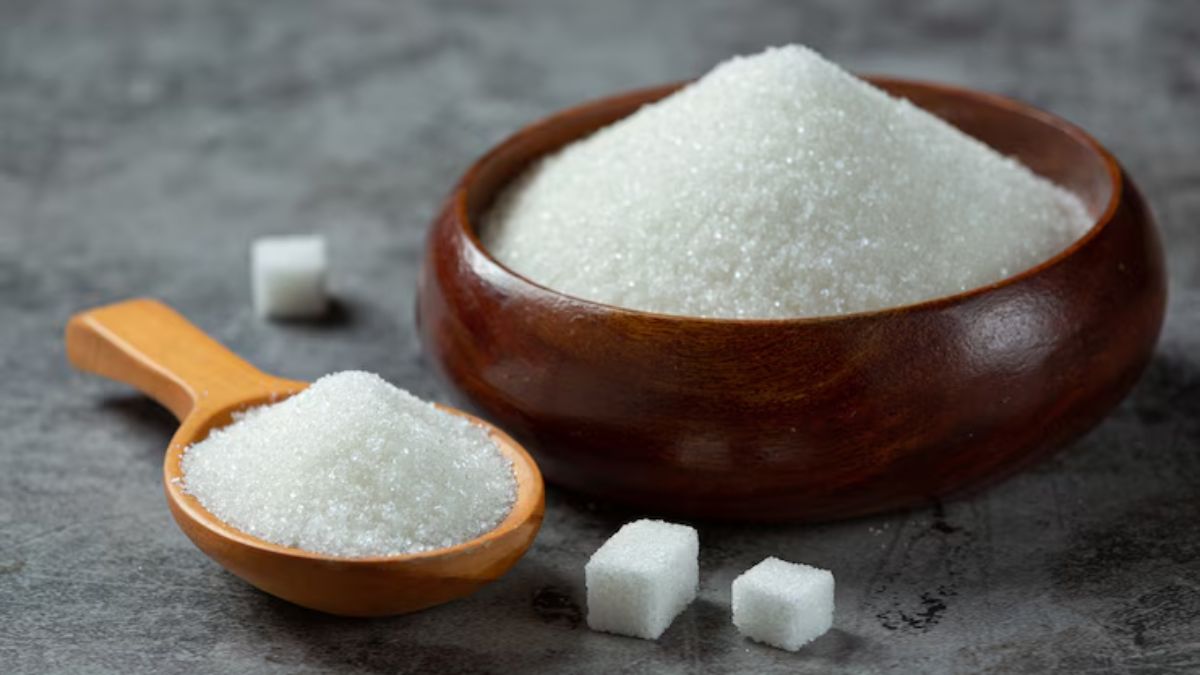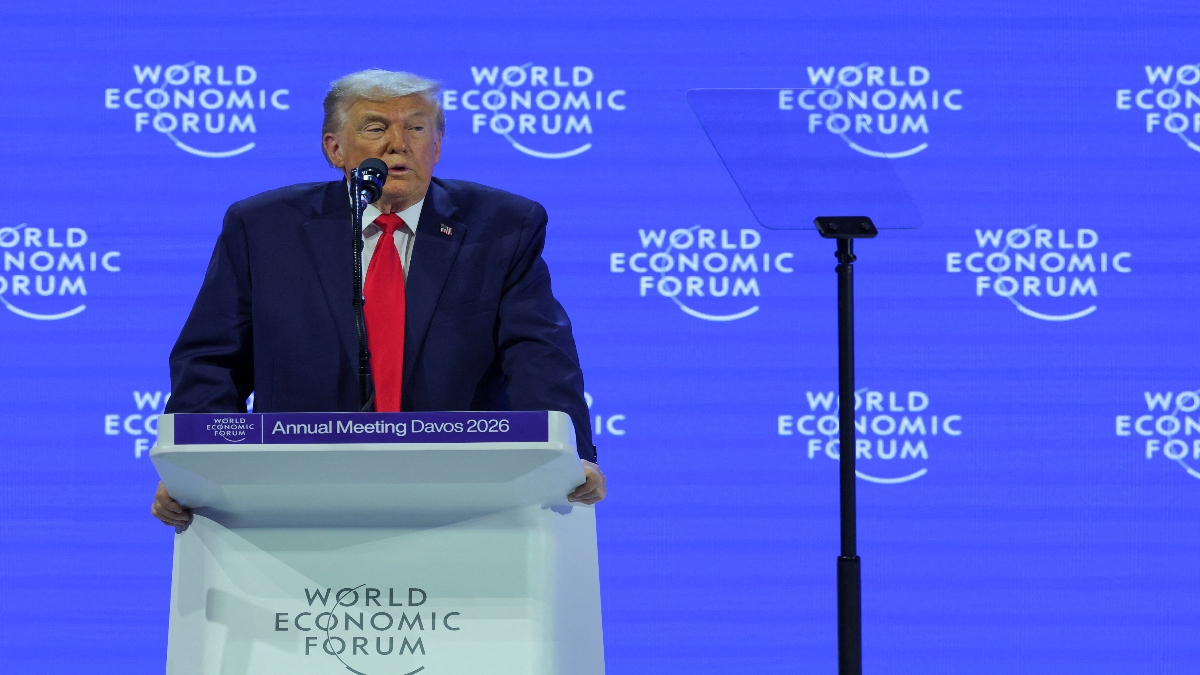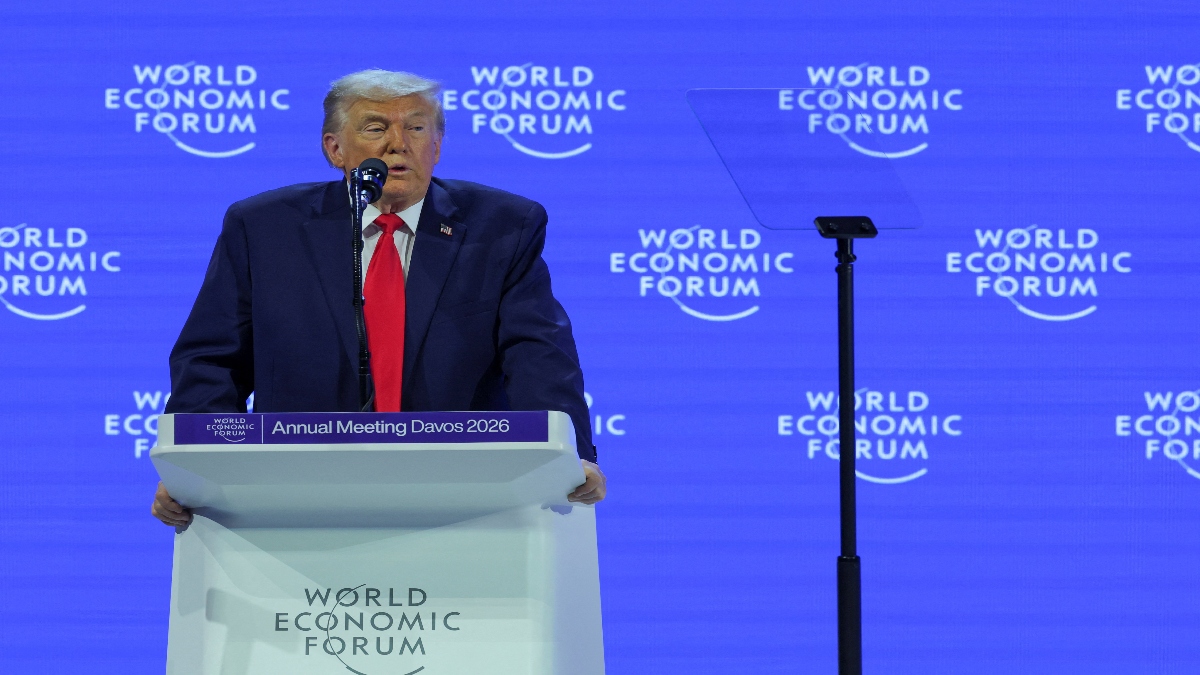Sugar addiction is on the rise. Globally, sugar intake has quadrupled over the last 60 years, and it now makes up around 8 per cent of all our calories.
This sounds like sugar’s keeping us fed, but added sugars are actually empty calories – they are bereft of any nutrients like vitamins or fibres. The result is massive health costs, with sugars linked to obesity around the world. Some estimates suggest that half the global population could be obese by 2035.
A limited 20 per cent reduction in sugar is estimated to save US$10.3 billion (£8.1 billion) of health costs in the US alone. Yet, sugar’s impacts go far beyond just health and money.
The environmental cost
There are also many environmental problems from growing the sugar, like habitat and biodiversity loss and water pollution from fertilisers and mills. But overall, sugar hasn’t received a lot of attention from the scientific community despite being the largest cultivated crop by mass on the planet.
In a recent article, we evaluated sugar’s environmental impacts and explored avenues for reducing sugar in the diet to recommended levels either through reducing production or using the saved sugar in environmentally beneficial ways.
By phasing out sugar, we could spare land that could be rewilded and stock up on carbon. This is especially important in biodiverse tropical regions where sugar production is concentrated such as Brazil and India. But a different, more politically palatable option might be redirecting sugar away from diets to other environmentally-beneficial uses such as bioplastics or biofuels.
Quick Reads
View AllBy phasing out sugar, we could spare land that could be rewilded and stock up on carbon. This is especially important in biodiverse tropical regions where sugar production is concentrated such as Brazil and India
Our study shows that the biggest opportunity is using sugar to feed microbes that make protein. Using saved sugar for this microbial protein could produce enough plant-based, protein-rich food products to regularly feed 521 million people. And if this replaced animal protein it could also have huge emission and water benefits.
We estimate that if this protein replaced chicken, it could reduce emissions by almost 250 million tonnes, and we’d see even bigger savings for replacing beef (for reference, the UK’s national fossil fuel emissions are around 300 million tonnes). Given sugar has a far lower climate impact than meat, this makes a lot of sense.
Another alternative is to use the redirected sugar to produce bioplastics, which would replace around 20 per cent of the total market for polyethelyne, one of the most common forms of plastic and used to produce anything from packaging to pipes. Or to produce biofuels, producing around 198 million barrels of ethanol for transportation.
Brazil already produces around 85 per cent of the world’s ethanol and they produce it from sugar, but instead of having to grow more sugar for ethanol we could redirect the sugar from diets instead. This estimation is based on a world where we reduce dietary sugar to the maximum in dietary recommendations (5 per cent of daily calories). The benefits would be even larger if we reduced sugar consumption even further.
The challenges ahead
This sounds like a big win-win: cut sugar to reduce obesity and help the environment. But these changes present a huge challenge in a sugar supply chain spanning more than 100 countries and the millions of people that depend on sugar’s income.
National policies like sugar taxes are vital, but having international coordination is also important in such a sprawling supply chain. Sustainable agriculture is being discussed at the UN’s climate summit, Cop29, in Azerbaijan this week. Sustainable sugar production should factor into these global talks given the many environmental problems and opportunities from changing the way we grow and consume sugar.
We also suggest that groups of countries could come together in sugar transition partnerships between producers and consumers that encourage a diversion of sugar away from peoples’ diets to more beneficial uses. This could be coordinated by the World Health Organization which has called for a reduction in sugar consumption. Some of the money to fund these efforts could even come from part of the health savings in national budgets.
We can’t hope to transition the way we produce and eat sugar overnight. But by exploring other uses of sugar, we can highlight what environmental benefits we are missing out on and help policymakers map a resource-efficient path forward to the industry while improving public health.
Don’t have time to read about climate change as much as you’d like?
Get a weekly roundup in your inbox instead. Every Wednesday, The Conversation’s environment editor writes Imagine, a short email that goes a little deeper into just one climate issue.
Join the 40,000+ readers who’ve subscribed so far.
Paul Behrens, British Academy Global Professor, Future of Food, Oxford Martin School, University of Oxford and Alon Shepon, Principal Investigator, Department of Environmental Studies, Tel Aviv University
This article is republished from The Conversation under a Creative Commons license. Read the original article.


)

)
)
)
)
)
)
)
)



